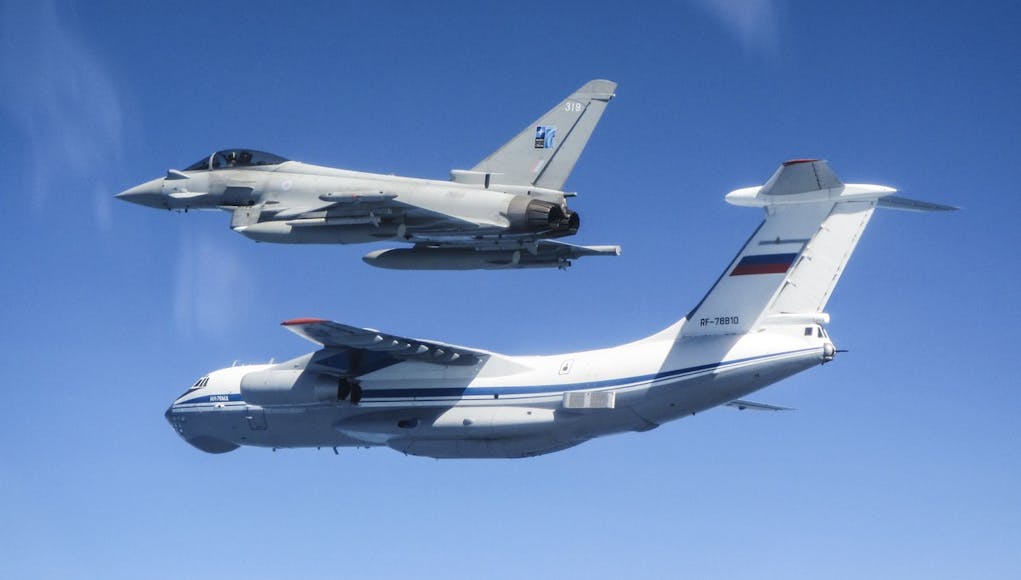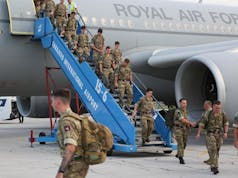In response to a series of queries from John Healey, the Shadow Secretary of State for Defence, the Ministry of Defence (MoD) has released data detailing the numbers of language specialists within the department, highlighting fluctuations in the proficiency in key languages such as Russian, Arabic, Farsi, Mandarin, Cantonese, Dari, and Pashto since 2010.
James Heappey, Minister for the Armed Forces, provided a comprehensive table that showcases the count of language specialists ‘in date’—those holding an up-to-date formal MoD language assessment of Level 2 and above, as well as those employed in teaching languages to defence personnel or supporting operations.
Language Specialist Trends in the MoD (2018-2024)
| Language | Sep 2018 | Dec 2019 | Sep 2021 | Jan 2022 | Jan 2023 | Jan 2024 |
|---|---|---|---|---|---|---|
| Russian | 81 | 80 | 106 | 111 | 155 | 163 |
| Arabic | 196 | 187 | 132 | 121 | 117 | 99 |
| Farsi | 24 | 21 | 40 | 38 | 42 | 38 |
| Mandarin | 12 | 12 | 22 | 18 | 22 | 15 |
| Cantonese | Counted with Mandarin until mid-2023 | 9 | ||||
| Dari/Pashtu | 13 | 9 | 8 | 5 | 16 | 5 |
Key observations include:
- Russian Language Specialists: There has been a steady increase in the number of Russian language specialists, from 81 in September 2018 to 163 in January 2024, indicating a heightened focus on Russian linguistic capabilities.
- Arabic Language Specialists: The number of Arabic specialists has decreased over the same period, from 196 in September 2018 to 99 in January 2024.
- Farsi and Mandarin: Both Farsi and Mandarin have seen fluctuations, with Farsi specialists numbering 38 in January 2024, reflecting a slight increase from 24 in September 2018. Mandarin specialists decreased to 15 in January 2024 from a peak of 22 in previous years.
- Cantonese: Notably, Cantonese was counted with Mandarin until mid-2023, with a separate count of 9 in January 2024, acknowledging the distinct linguistic and operational relevance of Cantonese.
- Dari/Pashtu: The number of specialists in these languages, crucial for operations in Afghanistan, has significantly dropped to 5 in January 2024 from 13 in September 2018.














This should also be viewed in the context of increasingly good language translation software that can handle a lot of the more mundane translation tasks, i.e. the specialists are likely being used to analyse more nuanced data sources.
What goes around, comes around: can George Smiley be far behind.
Where’s… JohninMK ? anyone seen him lately ? or Ulya ?…… It’s a perfect article for them to comment on…..
Drafted?
Actually, Ulya has posted recently re several articles.
Yes, I “Fished” “her” out….. 😎
I know it’s silly, but I used Google translate on my phone the other day for the first time, to translate some Russian writing on a box I have…outstanding…one minute it was in Russian, the next it was in English!
That’s just an app on a phone, you can wonder then just how good high powered AI programs must be for voice.
I wonder if it translates Mandarin into Chinglish though…like the instructions you get with Chinese made stuff??
AA